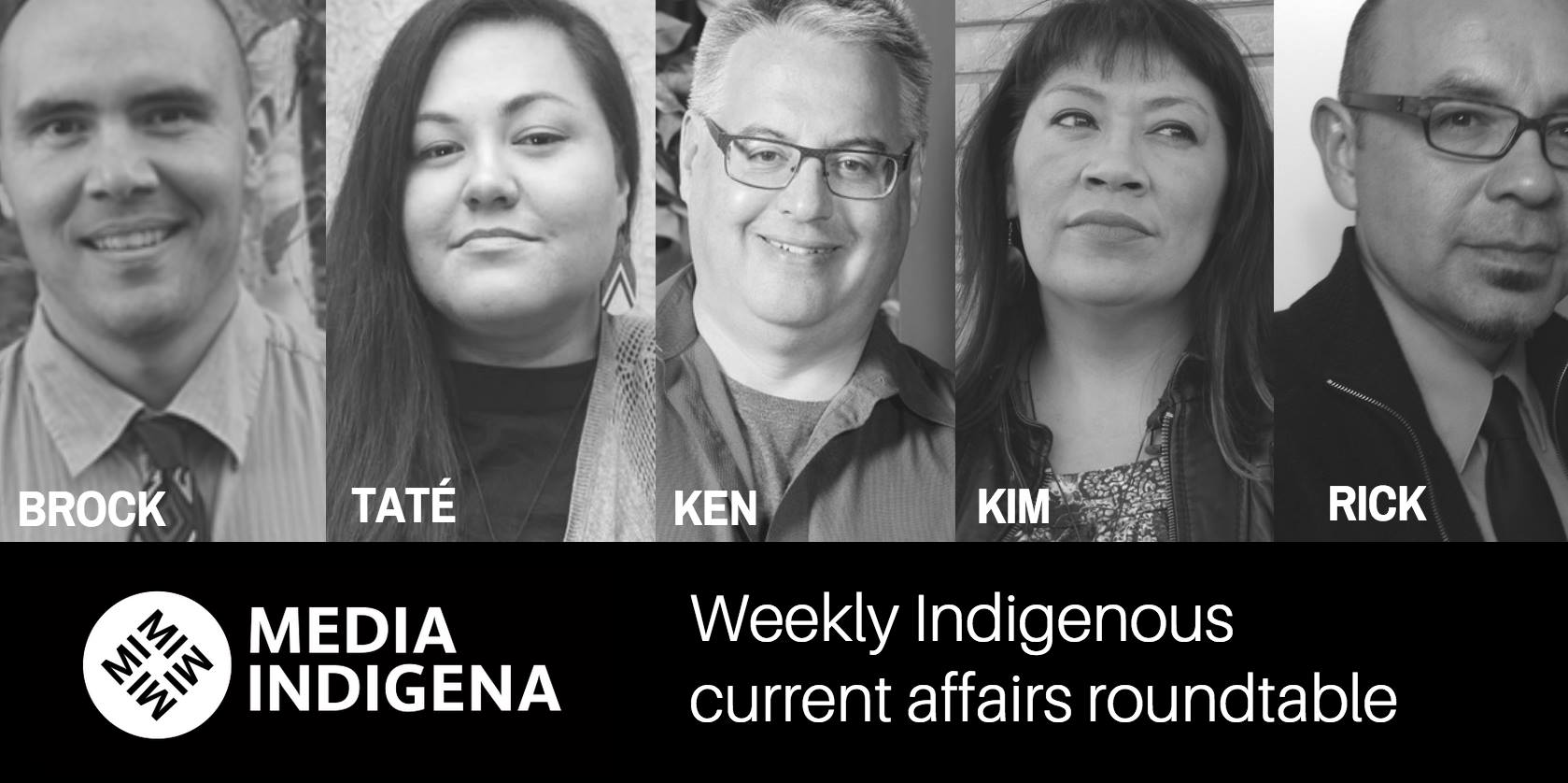Ep. 105: How soon is too soon to teach kids about residential schools?
Once upon a trigger: Did a school board and the media over-react after a parent found a children’s book about residential schools upsetting? Dumb pun: a Thunder Bay newspaper says it’s sorry for running a headline that makes light of a potential hate crime. Bite your tongues: A B.C. politician criticizes the province for investing more money in Indigenous languages revitalization instead of more cops. Joining host Rick Harp are Kim TallBear, associate professor of Native Studies at the University of Alberta, and Candis Callison, associate professor at UBC's Graduate School of Journalism. // Our theme is 'nesting' by birocratic.

